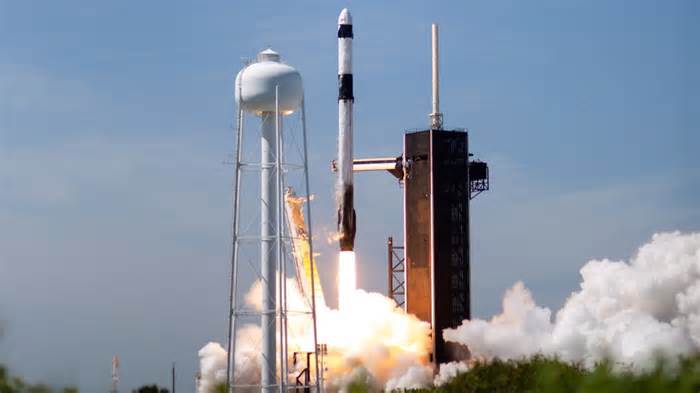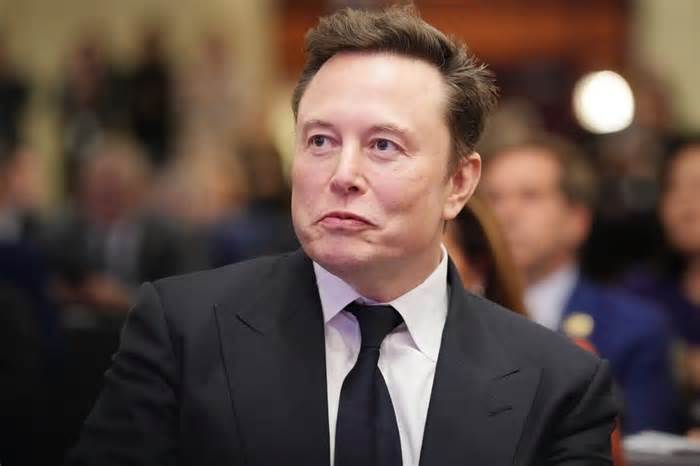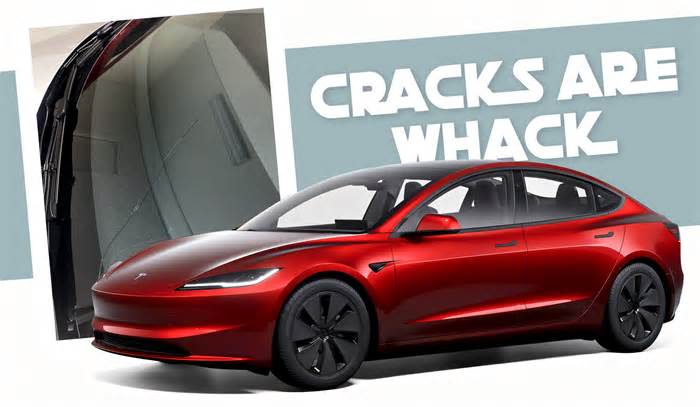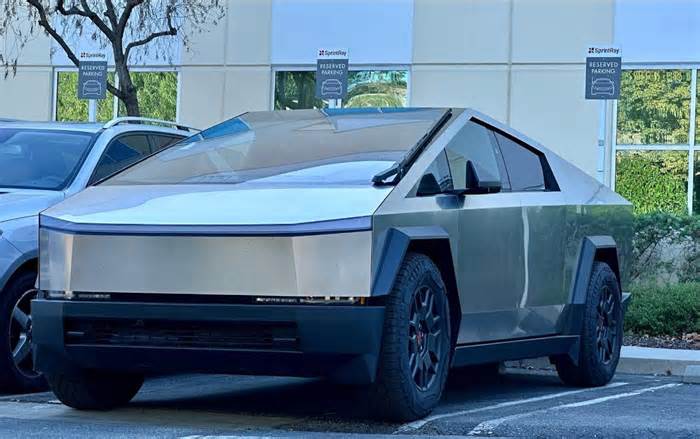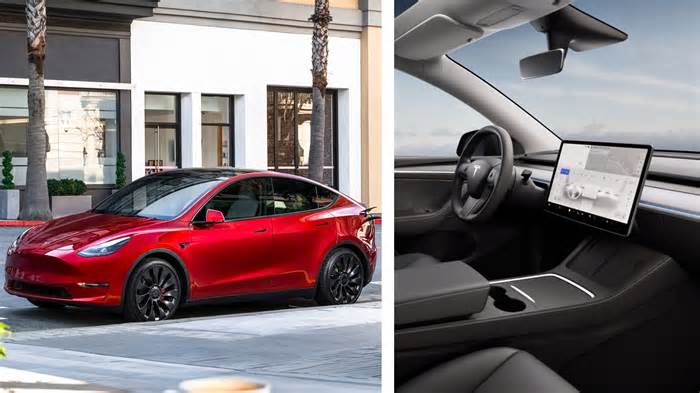
Should we be worried about artificial intelligence?
- by THE WEEK
- Nov 10, 2017
- 0 Comments
- 0 Likes Flag 0 Of 5

Intelligent robots are performing an increasing number of roles
(Image credit: Getty Images) Sign up for The Week's Free Newsletters
From our morning news briefing to a weekly Good News Newsletter, get the best of The Week delivered directly to your inbox.
From our morning news briefing to a weekly Good News Newsletter, get the best of The Week delivered directly to your inbox.
Sign up
“Perhaps we should all stop for a moment and focus not only on making our AI better and more successful, but also on the benefit of humanity,” he added.
Hawking is not the only luminary from the science and technology world to have warned about the future of AI.
We should all “be very careful about artificial intelligence”, Bill Gates said earlier this year. “If I had to guess at what our biggest existential threat is, it’s probably that. With artificial intelligence, we’re summoning the demon."
In recent months, there have been headlines about killer robots and about automation replacing human workers, but also about algorithms that help diagnose cancer, and the successful development of self-driving cars.
“Some scholars argue it is the most pressing existential risk humanity might ever face, while others mostly dismiss the hypothesised danger as unfounded doom-mongering,” says Motherboard’s Phil Torres.
So should we be worried about the spread of AI? And what we can do about it?
The reaction to AI
A YouGov survey last year of more than 2,000 people found that public attitudes towards AI vary greatly depending on its application.
Some 70% of respondents were happy for intelligent machines to carry out seemingly menial jobs such as crop monitoring – but this fell to 49% when it came to household tasks, while only 23% would be happy for robots to perform medical operations. And a mere 17% were comfortable with the idea of so-called sex robots.
One of the primary worries about AI is its impersonal nature.
In August, Tesla and SpaceX CEO Elon Musk, along with 115 other AI and robotics specialists, signed an open letter urging the UN to recognise the dangers of lethal autonomous weapons and to ban their use internationally.
According to the Human Rights Watch organisation, the US, China, Israel, South Korea, Russia and the UK “have been investing in developing weapons systems with decreasing levels of human control in the critical functions of selecting and engaging targets”.
Steven Finlay, author of Artificial Intelligence and Machine Learning for Business, believes that autonomous armed robots that can track and target people, using facial recognition software, are just around the corner.
AI and robotics are advancing so quickly that within years, wars could be fought with autonomous weapons and vehicles, reports The Guardian.
Regulate or exterminate?
Please first to comment
Related Post
Stay Connected
Tweets by elonmuskTo get the latest tweets please make sure you are logged in on X on this browser.
Sponsored
Popular Post
tesla Model 3 Owner Nearly Stung With $1,700 Bill For Windshield Crack After Delivery
33 ViewsDec 28 ,2024
Middle-Aged Dentist Bought a Tesla Cybertruck, Now He Gets All the Attention He Wanted
32 ViewsNov 23 ,2024






 Energy
Energy




